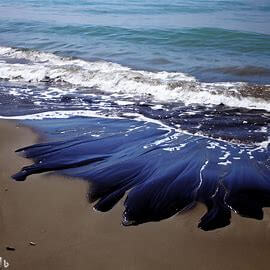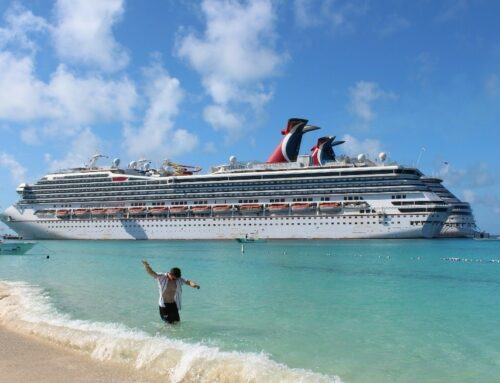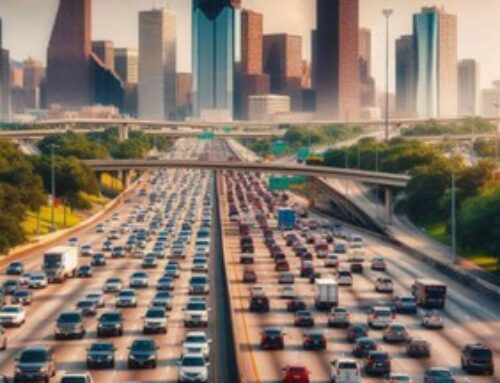13 Years Later: Looking Back on the Deepwater Horizon Disaster

(Image Source: US Coast Guard)
Thirteen years ago, the world witnessed one of the worst maritime disasters in history when BP’s Macondo oil well off Louisiana suffered a blowout that killed 11 workers aboard the Deepwater Horizon drilling rig. Over the next 87 days, the ruptured well spewed an estimated 210 million gallons of crude oil into the Gulf of Mexico, creating an oil slick that covered nearly 60,000 square miles of ocean and contaminated an estimated 4,500 miles of shoreline.
To mitigate the environmental and economic impact of the BP Oil Spill, BP hired thousands of local residents and fishermen to assist with the cleanup efforts, federal response officials approved the use of at least 1.8 million gallons of dispersant to break up the oil slicks. However, despite these efforts, the Gulf fishing industry suffered an estimated loss of $1 billion in revenue, and BP’s total costs for criminal fines, civil penalties, and cleanup reached about $65 billion, including over $16 billion for ecosystem restoration.
This year, on the thirteenth anniversary of the spill, there is a renewed interest in offshore oil and gas exploration and production, primarily in the Middle East and South America, but also in the Gulf of Mexico. The Biden administration recently auctioned off lease rights to 73 million acres of the continental shelf, securing winning bids for 1.6 million acres and generating $260 million in revenue. BP also marked a significant milestone this month with the startup of its first new operated offshore platform since the spill, the BP Argos platform, which will increase the company’s operated production capacity in the Gulf of Mexico by 20%.
Despite the industry’s recovery, the impact and controversy surrounding the BP Oil Spill remains. Cleanup workers who suffered injuries or contracted illnesses due to chemical and oil exposure are still pursuing compensation from BP through the courts. Though safety on oil rigs has generally improved, a court-appointed monitoring panel led by the National Academies of Science warned that progress on safety management is not uniform across the sector, stating “a visible, industrywide, industry-led commitment to a culture that supports safety is still lacking.”
 The environmental legacy of the spill also continues, with some researchers suggesting that the impact on Louisiana’s coastal wetlands may be substantial. A long-term study published this month found that oil contamination persisted for at least eight years in the soil beneath marsh grasses, potentially accelerating the region’s problems with coastal erosion.
The environmental legacy of the spill also continues, with some researchers suggesting that the impact on Louisiana’s coastal wetlands may be substantial. A long-term study published this month found that oil contamination persisted for at least eight years in the soil beneath marsh grasses, potentially accelerating the region’s problems with coastal erosion.
Against this backdrop, environmental group Oceana has called on the White House to halt offshore exploration and production in federal waters, citing climate risks, the potential for another spill, and President Biden’s campaign pledge to block offshore drilling. The group’s campaign director, Diane Hoskins, worries for the potential immediate economic and environmental devastation to coastal communities, warning “It’s not a matter of if there will be another spill, but when.”
We at the Herd Law Firm, PLLC, continue to fight for mariners and spill cleanup workers of all kinds in all types of personal injury and death claims, and never waver in our commitment to help these victims and their families in seeking the assistance and compensation they so need and deserve.
Published Friday, April 21, 2023.
Link for further reading about the Deepwater Horizon Disaster: https://www.theguardian.com/environment/2023/apr/20/bp-oil-spill-deepwater-horizon-health-lawsuits?&utm_campaign=ttla-eclips&utm_source=membercentralpublications&utm_medium=email&utm_content=april-20-2023







